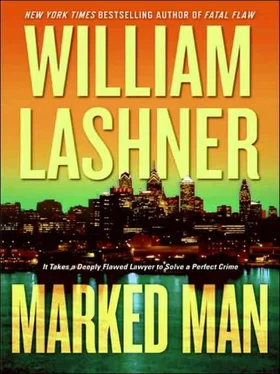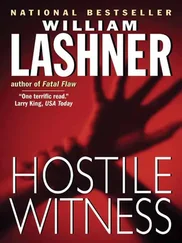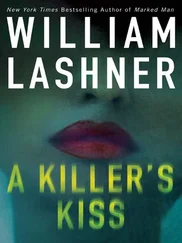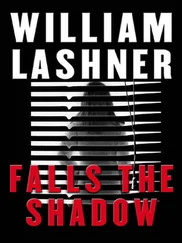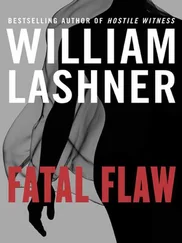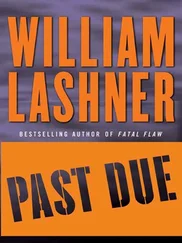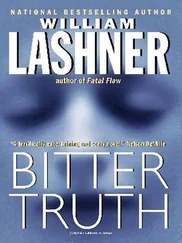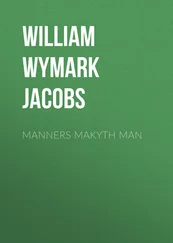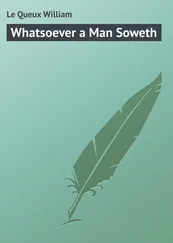“Give it back,” I said.
“Give it back, huh?” said Joey. “Aw, that’s nice. Isn’t that nice, Ralph?”
Ralph nodded, his huge face devoid of any appreciation of Charlie’s selfless gesture. “Nice,” said Ralph.
“It’s an underrated virtue, don’t you think?” said Joey Pride. “Everyone wants to be tough or ruthless, everyone wants to be king of the world, don’t they? But nice is, well, nice. And that Charlie is a hell of a nice guy.”
“You guys know Charlie?” I said with unbridled disingenuousness.
“Who, Charlie Kalakos?” said Joey. “Sure we know Charlie. We grew up with the boy. Little Charlie, nice Charlie, dumb-ass Charlie Kalakos, trying to rip off his oldest and dearest friends.”
“What do you mean by rip off?”
“Well, that painting, it don’t just belong to Charlie, now, does it?”
“You’re right. Legally, it still belongs to the museum.”
“But we’re not talking legally here, are we, Victor? Legally is only for when lawyers and cops gather around to sniff each other’s butts, like dogs at the hydrant. We’re talking now about what’s right. And what’s right is that those that did the job with Charlie all those years ago, they should get their fair share.”
“Maybe,” I said. “But that’s going to be hard to work out, because Charlie refuses to talk about the heist and who was involved in it with him.”
“See what I told you, Ralph? The boy wants to keep it all to himself.”
“So it appears,” said Ralph.
“It’s not that simple,” I said. “There’s a federal prosecutor very keen on finding out who else was involved with Charlie in that robbery thirty years ago. She wants Charlie to spill to her all the details, and he’s refusing.”
“There’s a fed still hunting them what pulled that job?” said Ralph. “That don’t make no sense.”
“You’re right, it doesn’t, since the statute of limitations has already run. But still, she’s hunting. I thought she was simply looking for the painting, but it’s not that. She’s got some other reason to be looking hard into that robbery.”
The two men glanced at each other as if they knew exactly what Jenna Hathaway was looking for. Interesting.
“I want you boys to understand that Charlie, by keeping his mouth shut, is not trying to stiff his fellow thieves, he’s trying to protect them.”
“Protect them out of their money,” said Ralph morosely.
I leaned forward, looked first at one and then the other. “Let’s cut to the chase. Them is you, right?”
Joey gave the bar a quick scan before leaning forward and lowering his voice. “Them is us.”
“Damn, I knew it,” I said. “It must have been a hell of a thing to be in on that.”
“Greatest thing we ever done,” said Joey, and from the self-satisfied smirks that slipped onto his and Ralph’s faces, I knew they were bursting to talk about it.
“But I’m confused, guys. I heard it was pulled by a bunch of professionals.”
“That’s what we wanted them to think,” said Joey.
“But it was just us,” said Ralph.
“So how did five guys from the neighborhood fall into the biggest heist in the city’s history?”
Joey picked up his beer, downed it, poured himself another mugful from the pitcher. He glanced at Ralph, Ralph nodded back.
“You can’t tell nobody.”
“I’m a lawyer, Joey. If you can’t trust a lawyer, who can you trust?”
“Like everything else in the city,” said Joey, “it started in a bar.”
THERE THEY were the four of them, sitting in a bar, Joey Pride told me, not this bar but one just like it. Ralph, with his hands still black from the metal at the shop. And Hugo Farr, splatters of concrete on the legs of his jeans and work boots, something haunted and thirsty in his eyes. And Charlie Kalakos, whining away about his mother. And Joey Pride, on his second pitcher already when the others came in, just starting to feel the sweetness of oblivion that he fled to every evening after running his shift in the cab. They were no longer youths, they were at that stage in life when things should be happening. But things for them had stalled.
There’s a line that you pass, Joey told me, it’s hard to see, a bit blurry, but there for sure. On one side of the line, all the dreams in your life are still possible. On the other side they’ve become fantasies you only pretend to believe, because having nothing to believe is too close to death. Fool’s dreams, Joey called them, sad little lies. There’s that line, and the four of them, they had blown past that line years before, never looking back.
Ralph was then bending metal for Karlov, that Russian son of a bitch. What he wanted was his own shop, nothing much, not Standard Press Steel or anything, just something of his own. But Ralph was a fool for love, there was always a pair of tits to throw his money at, and the dream of his own shop, being his own boss, was now as empty as his bank account.
Same with Hugo, who was always talking about college and business school. Wanted to be a mogul. He had started at Temple but took a semester off when his dad got sick. Thought he’d earn some cash to help his mother before getting back to it, but for some reason he never got back to it. He ended up working construction, laying cement, taking the up-front payoff and drinking beer late into the night to forget where he wasn’t headed.
All Charlie wanted was to get away from that mother of his, to find a girl and buy a house and live a life on his own. That was his fool’s dream, a pallid little thing, but to Charlie it was such a grand idea it was painful for him to even imagine it. So at nights he sat with the rest of them and drank and watched the years tick, tick away.
Truth was, Joey was the sanest of them all, and he was the one officially certified as crazy. He was sent away twice. Once for stealing a car and then a few years later when they found him wandering the streets in a daze with a gun and a huge wooden cross, spouting off about Jimi Hendrix being crucified for our sins. He had always loved cars, wanted to build hot rods and race along the boulevards, but when they finally released him from the state mental hospital high up on that suburban hill, the only work he could find was driving a cab. A short-term job to get him back on his feet, but the term was already longer than the one he had served in prison, and the time felt just as dead.
So there they were, the four of them, in that bar, cursing their luck and settling into failure like it was their most comfortable pair of ratty jeans, watching the pathetic embers of their fool’s dreams grow dimmer each day, when they got the word. Teddy Pravitz was back in town.
Teddy was the slick one who got out from under it all, who left Philly for the far coast and was making his life happen. He had become something of a legend among them, less flesh and blood, more avatar of the success that had eluded them. They never had gone west to find him, never were certain exactly what he was up to, but they all were sure he had done better than had they. And now he was back. They figured he had come home to toss off a quick hello, for old times’ sake, had only returned for a shot and a beer and a howdy doody, glad we knew you. But they were wrong.
He strode into the bar like a foreign potentate. There were heys and hurrahs, slapped backs and spilt beer. Teddy Pravitz was back in town. He bought them a round and then another, he flashed that smile, flashed a wad, he preened. There was something shaggy about him, something California, like the Philly had been burned out of him by the West Coast sun. You half expected he’d be surfing down Broad Street, what with the smile and the colorful hippie vest. He had come through a portal from another place entirely, a place with lights and banners, with a mystique he brought back with him. He was blinding.
Читать дальше
